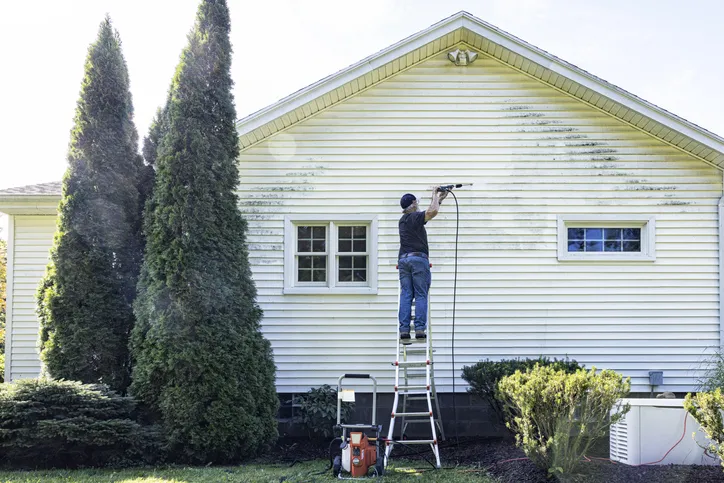When you think of house flipping, your mind probably jumps to ambitious millennials chasing financial freedom with hammers in hand and spreadsheets on their laptops. But what if I told you that retirees are quietly stepping into this space and making waves? That’s right—baby boomers and beyond are trading in their golf clubs for power tools and flipping houses like it’s their second act, according to Center Street Lending. It’s a trend that might surprise you, but it makes a lot of sense when you dig into the motivations and benefits. Let’s explore why retirees are diving into this high-stakes, high-reward world of real estate.
For many retirees, flipping houses is a way to stay active and engaged. After decades in the workforce, some find that endless leisure time doesn’t quite deliver the fulfillment they imagined. Flipping houses provide a creative outlet and a project-oriented purpose that keeps both their bodies and minds sharp. Instead of slowing down, they’re learning new skills, solving problems, and thriving in the adrenaline-fueled world of real estate. It’s not just about the money—it’s about staying alive in every sense of the word.

Speaking of money, house flipping can be a lucrative endeavor for retirees who plan wisely. Many retirees have savings, home equity, or pensions they can leverage to fund their projects without taking on excessive risk. Flipping houses allows them to turn their knowledge of the housing market into tangible profits, often supplementing their retirement income. The cost of living has continued to rise, according to Yahoo Finance so the extra cash flow is a welcome bonus. Plus, they get the thrill of seeing their investments come to life in a way that stocks and bonds simply can’t offer.
Retirees often bring a lifetime of experience and a unique perspective to the flipping game. Unlike younger flippers, they may have decades of homeownership experience and an eye for what truly adds value to a property. They’ve lived through market ups and downs and often have a sharper sense of how to spot a diamond in the rough. Additionally, many retirees have built networks over the years, including contractors, real estate agents, and handymen who can make the process smoother. This combination of wisdom and connections gives them a distinct advantage in a competitive market.

The flexibility of house flipping also aligns perfectly with the retirement lifestyle as it can be a part-time gig, according to Flipper Force. Retirees can work on projects at their own pace, taking breaks for travel or family time as needed. Unlike a traditional job, house flipping doesn’t tie them to a 9-to-5 schedule, making it an ideal fit for those who value freedom. It’s a way to stay productive without sacrificing the independence that retirement promises. For many, it’s the perfect blend of work and play.
What’s more, flipping houses can be a fun and collaborative activity for couples or friends in retirement. Many retirees take on these projects with their spouses, turning the experience into a shared adventure. It’s an opportunity to bond over decisions, challenges, and victories while working toward a common goal. Some even create small flipping businesses with like-minded peers, turning what starts as a hobby into a fulfilling second career. The social aspect of flipping often becomes as rewarding as the financial gains.

Finally, retirees are flipping houses because they’ve learned to embrace risk—but in a measured, calculated way. Unlike their younger counterparts, who might jump in with blind optimism, retirees often approach the process with caution and a clear plan. They understand the importance of budgeting, timelines, and contingency plans, minimizing the potential for costly mistakes. Their life experience gives them the confidence to navigate challenges while remaining realistic about the outcomes. It’s not about gambling; it’s about strategy and calculated effort.
House flipping isn’t just for the young and daring—it’s quickly becoming a favorite venture for retirees looking to redefine their golden years. Whether it’s for the thrill, the income, or the personal growth, retirees are proving that it’s never too late to try something new and make an impact. So, the next time you see a spry senior at the hardware store with a cart full of paint cans and power tools, don’t be surprised. They might just be on their way to turning a fixer-upper into their latest masterpiece.









